Developer, Gust, fills out their “Beautiful Girls Festival” trilogy with Blue Reflection. This time around, you descend onto Hoshinomiya Girls’ High School to brave a social climb that is illustrated with fantastical battles and alliances. A RPG with turn-based combat, the game packs a deep inventory bag, and a dynamic leveling system. A concise open world offers a variety of objectives, but the critical path of the story really pigeon holes exploration.
Hinako has recently enrolled at the school and is paralyzed with social anxiety. Her new classmates waste no time with acclimating her to the hierarchy and nuisances of the trim and proper building. In the midst of her immersion, some enchanted elements of the school grounds appear. An entire world cascades like an underwater dream, and Hinako suddenly has more questions than just asking for classroom locations.
Thankfully her adopted peers are in on the situation, and are guardians of this other realm they call The Common. This surrealist space is a counterpart to reality, and all that it contains is breathed by the occurrences in the real world. More precisely, emotions shape the landscape and population of The Common. The evils confronted here are results of social exchanges that have gone awry.
This metaphorical element is where the allegory stops unfortunately. The girls are ascribed the role of Reflectors that protect the world from the Sephirot. The existence of both of these parties is inexplicable and never receives proper acknowledgement. Same goes for the energy field that the girls draw from called the Ether. The background of the game focuses heavily on the social side of the girls’ lives and introduces the mythical angles only to service the combat portion of gameplay.
Interesting ideas about communication and empathy are in the game’s fabric, but they are preached at you with a lead hand. Wishing to be a moral tale about the rough waters of high school, the game only ends up trivializing clichéd situations that paint characters as plot vending machines. The cut scenes are laid out line by painful line of snail-paced dialogue. Automated animation adds to the phoniness of the writing that attempts to retrofit teenage jargon into a script that does not have a single finger on reality.
Teleporting through the school grounds via map, renders the home environment stale and one dimensional. The camera is locked and you merely locate NPC’s in hopes that one of them will initiate a mission. Once embarked on a mission, the monotony begins. Usually transported to the Common, a small plot of twisting boardwalk is littered with enemies and items. Each enemy triggers a battle, and here is where the game has a little charm.
Battles are layered and intuitive with multiple combatants on each side racing toward each other to fire off attacks. The board game mechanics allow you to sequence attacks in strategic ways. Often times, battles will develop unique pacing that shapes your fighting style, pushing you into new roles. Staying ahead means you stay alive, and Ether management becomes a primary focus in the later stages of the game. Support moves fill out your bag of tricks and sometimes sacrificing a turn to bolster defenses or replenish Ether will be the difference in victory and defeat.
Yet even the combat suffers from a lack of variance. The punishing repetition of battles makes missions less and less enticing. The inventory packing is serviceable, but the attribution of items is where the game offers a robust leveling design. Upgrades are never automated and so the allotment of experience points requires a careful distribution. With several characters under your reigns, interesting decisions arise. Do you overpower a central captain character, or do you create well-balanced roster of Reflectors?
The menus and UI are impressively legible, and even more slick. This creative decision to sharpen the menus pays off, because spending hours managing the characters and inventory never dulls. Hopping into these management modes becomes the most refreshing part of gameplay, and offers a tasteful amount of customization. Battles are won and lost in these pregame lockers, and victories are more satisfying when they come as landslides due to superb preparation.
The themes that Blue Reflection attempts to explore are indeed new and inventive, but the execution is obvious and tired. Conditioning the player to enjoy menial tasks shows how lackluster the action elements truly are in the game. Every element that does not need to be explained is beaten like an innocent horse, and the elements that arguably need exposition are never touched upon. A game with misplaced priorities, Blue Reflection still creates a brave new format for turn-based combat.
5/10
Here is the Blue Reflection Gameplay Trailer:
PlayStation 4 Review
-
Overall Score - 5/105/10
I believe the world revolves around storytelling. The gaming community's fascination with creating and innovating has pushed our capabilities to tell stories into a new frontier. The medium of video games satiates a particular desire for interactive and dynamic narratives. My imagination is arrested by truly great games, and in turn inspires me to create more intentionally in all aspects of life.

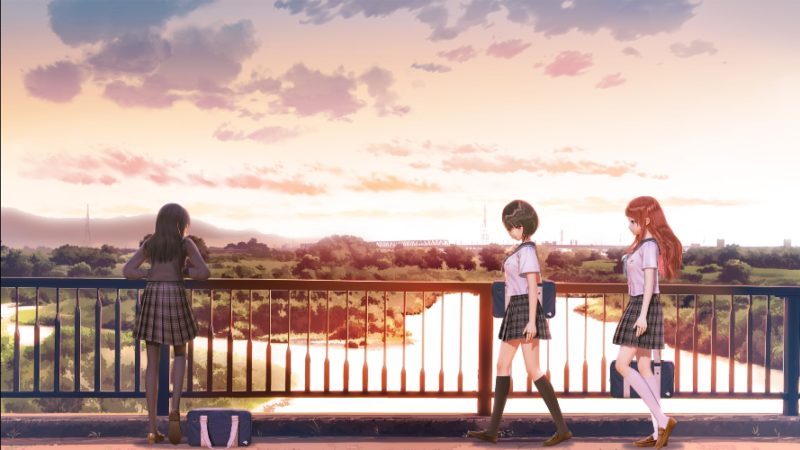
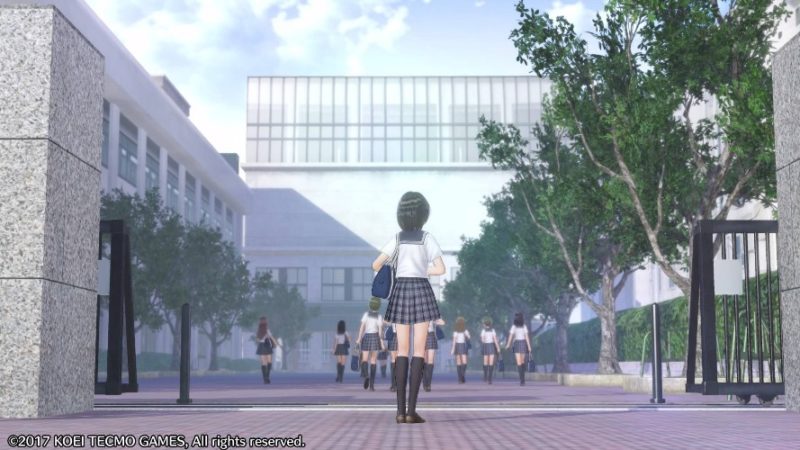
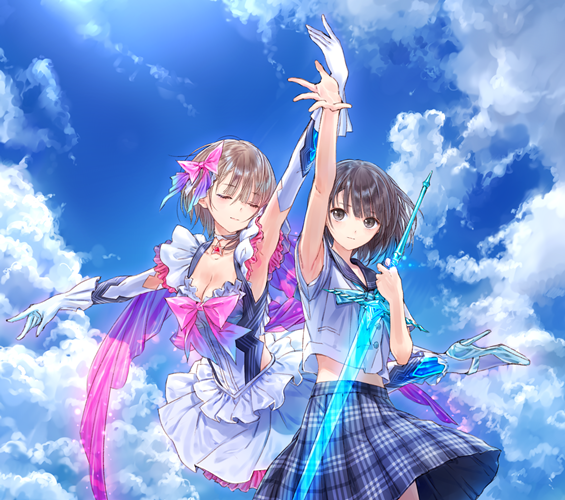
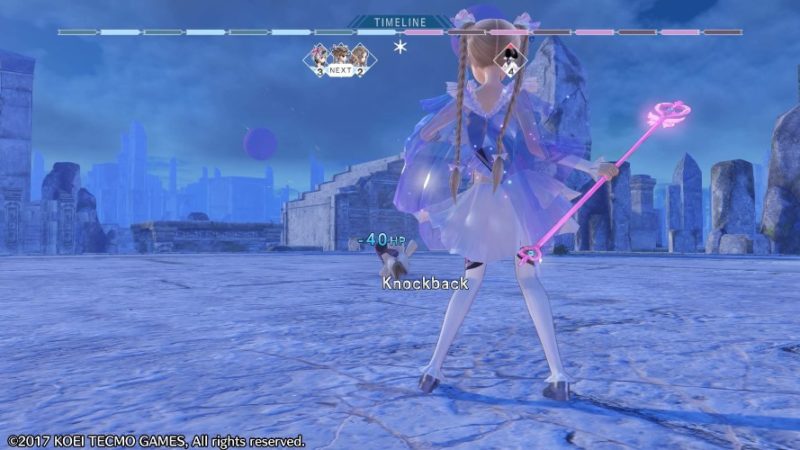
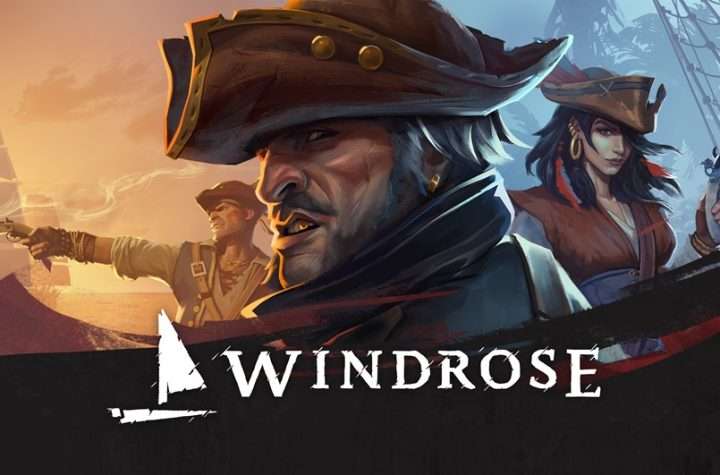
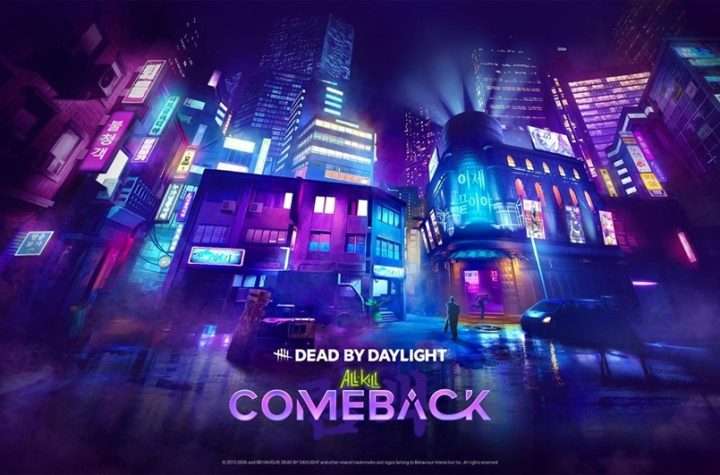
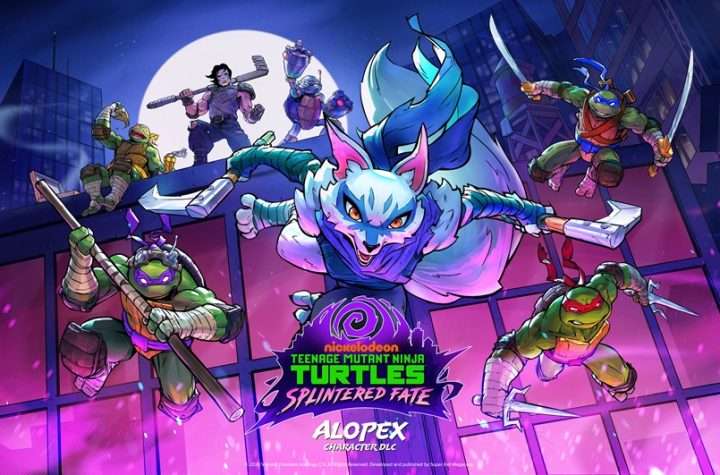
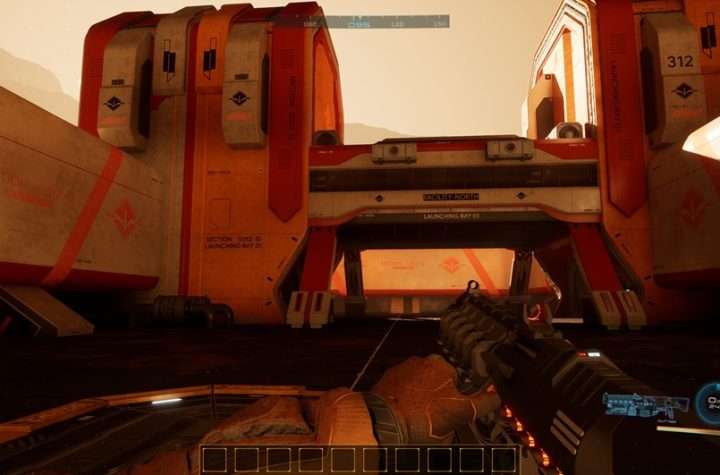
More Stories
WINDROSE Preview for Steam
Public Test Build for Dead by Daylight’s New All-Kill: Comeback Chapter Now Live
Teenage Mutant Ninja Turtles: Splintered Fate Launches New Alopex DLC